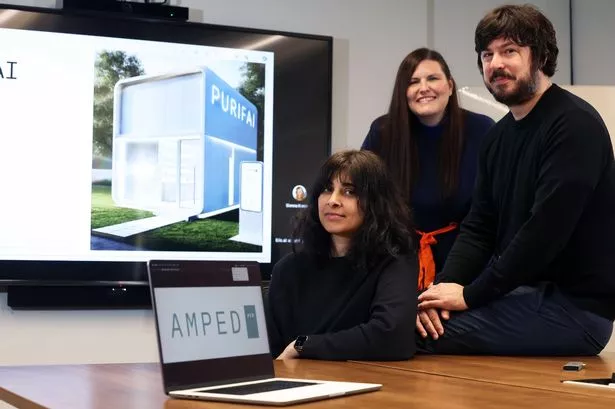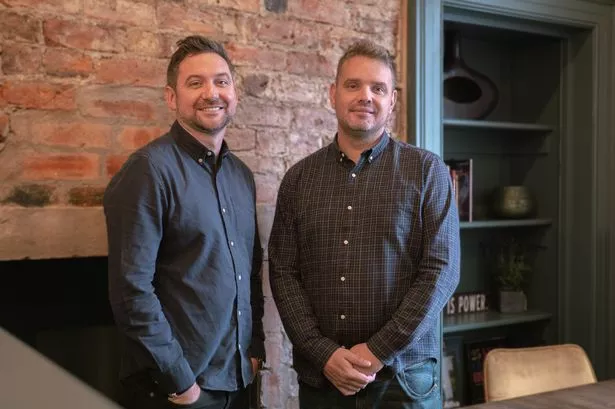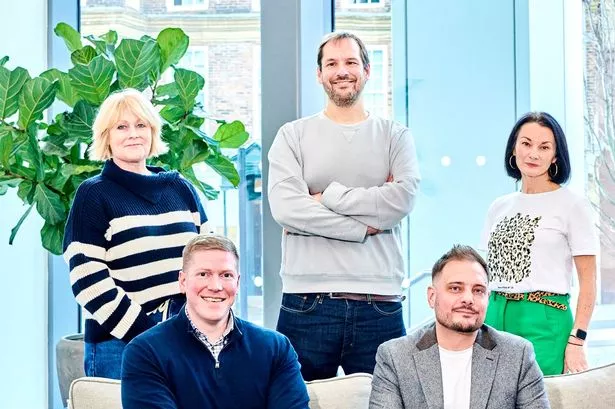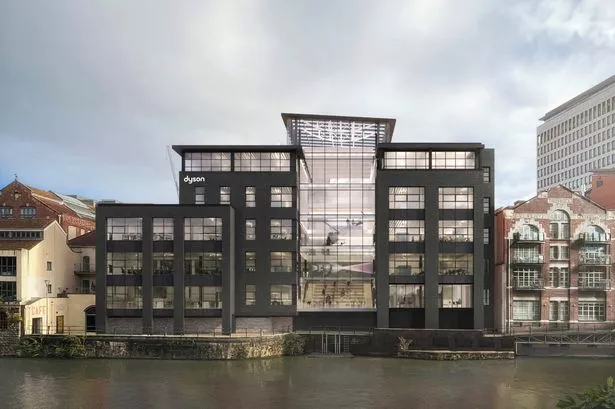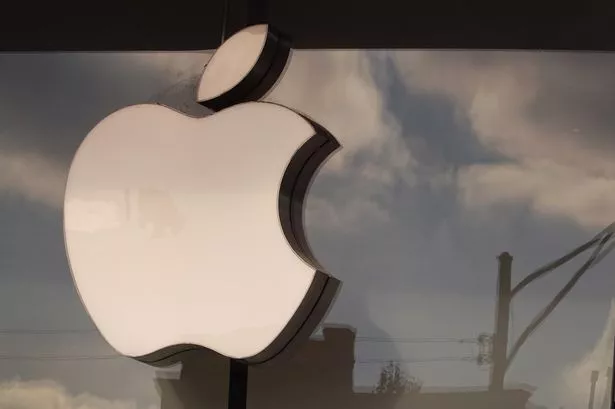2025 predictions for Apple, Amazon, Meta, Tesla and other tech titans - what to expect
The 'Magnificent Seven' tech giants, namely Apple, Nvidia, Microsoft, Amazon, Alphabet, Meta and Tesla, saw a combined growth of 63 per cent in 2024, building on the strong performance of 2023.
Deutsche Bank disclosed that these companies generated more profit in 2024 than most national stock markets, as reported by City AM.
However, JP Morgan has predicted a decline in their contribution to S&P 500 earnings growth from 75 to 33 per cent in the coming year, indicating potential challenges. Will they maintain their market dominance this year?
Here's an analysis of their prospects for 2025:
Apple, a much-loved brand, reported robust sales in 2024, with its privacy features and ecosystem retaining customer loyalty. However, service growth fell short of expectations, and innovation in hardware seemed subdued.
Susannah Streeter, Head of Money and Markets at Hargreaves Lansdown, suggests that the company's focus on AI could steer it in a new direction in 2025. Despite a five per cent cumulative revenue growth over the past three years, the consensus is for seven per cent growth in 2025, keeping expectations high.
However, its stock has only risen 41 per cent over the past three years, underperforming the 51 per cent increase in the information technology index.
Microsoft, meanwhile, cemented its place at the heart of the AI revolution in 2024, with Azure revenue up by 34 per cent, as per Streeter. The integration of AI tools like Copilot across its software suite has impressed analysts.
In the forthcoming year, cloud computing competition and increased regulatory scrutiny could challenge its growth trajectory, yet the discontinuation of Windows 10 support might trigger an upgrade cycle, according to Dan Niles, founder of AlphaOne Capital Partners. He recently expressed on LinkedIn that the termination of Windows 10 "could also lead to some upgrades in their core PC business while a ramp in AI PC demand is a hope for some point in the future".
Amazon's Cloud AWS remained a key growth driver in 2024, with a 19 per cent revenue increase as global AI adoption soared. E-commerce margins saw a rebound following the company's cost-reduction strategies.
Streeter noted, "margins have recovered after the huge cost-saving drive with worldwide layoffs."
Amazon may emerge as the top performer for 2025, having surpassed both revenue and margin expectations in the latest quarter. However, Nile pointed out the potential for a challenging start to 2025 due to uncertain consumer spending patterns, fewer shopping days, and less favourably timed holidays.
For Meta, the tech behemoth's strategic downsizing yielded positive results in 2024, evidenced by a five per cent increase in daily active users. Its investment in AI has improved ad targeting and content curation, bolstering advertiser trust.
Yet, the question remains whether Meta can maintain its growth momentum into 2025 without the previous year's tailwinds from political elections or major events like the Olympics, which had contributed to heightened user engagement.
"If its revenue doesn’t keep up", warned Streeter, "margins may come under pressure, deterring its investors". Alphabet, the parent company of Google, also posted strong results in 2024, driven by its cloud business and AI advancements.
However, the ongoing case by the US Department of Justice against Google’s search monopoly casts a shadow over the firm’s 2025 outlook. Sundar Pichai, the Chief Executive, highlighted the importance of utilising AI to accelerate progress and solve real-world problems.
The company made headlines towards the end of 2024, as Pichai prepared his employees for an important, "pivotal" year ahead, while also alerting them to potential challenges.
Tesla begins to lose momentum. Tesla experienced a surge of optimism in 2024, with its stock increasing by 63 per cent, partially due to Elon Musk’s advisory role in the Trump administration.
However, a decrease in EV demand and the potential loss of tax credits in 2025 could impact the company’s sales. Therefore, Tesla's ability to scale production of its affordable electric vehicles and expand self-driving capabilities will be crucial for 2025.
Nvidia was largely the leader of the Magnificent Seven group in 2024, overtaking Apple as the world’s most valuable company with its shares rising by 171 per cent amid surging AI demand. Despite taking a slight hit at the end of 2024, according to Investopedia, the firm’s sales and earnings flourished.
Moreover, Nvidia's Blackwell super chip and dominance in AI infrastructure are positioned for continued growth in 2025.

